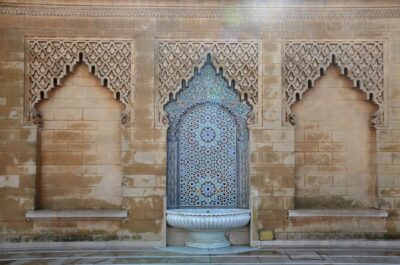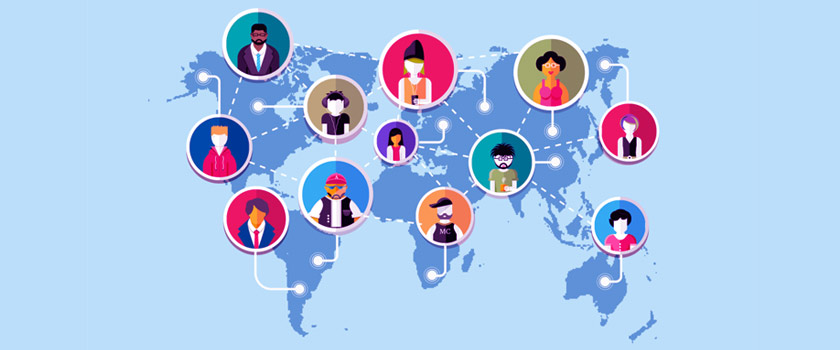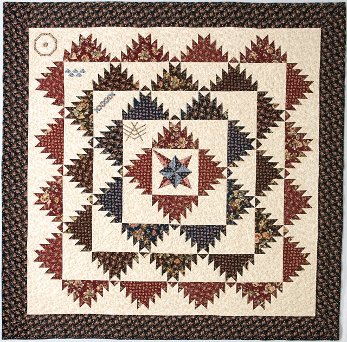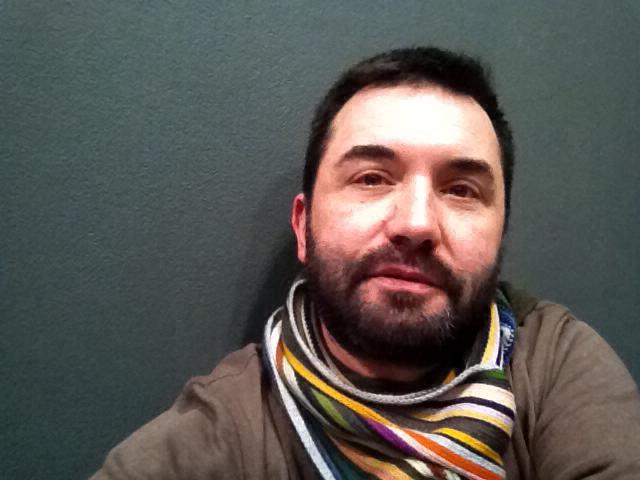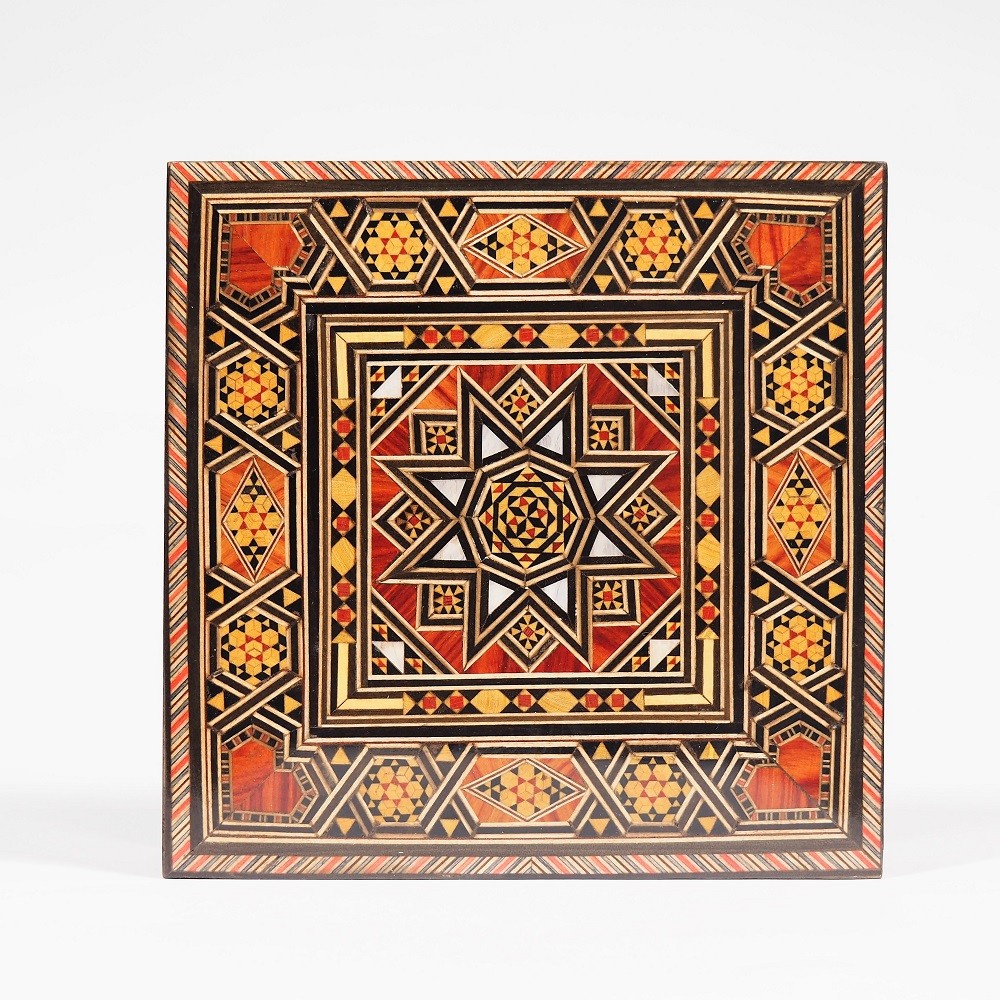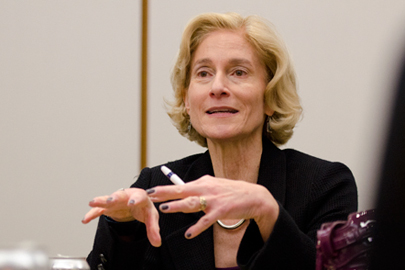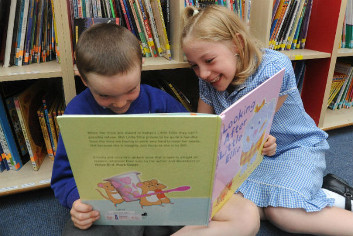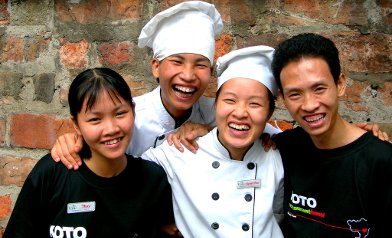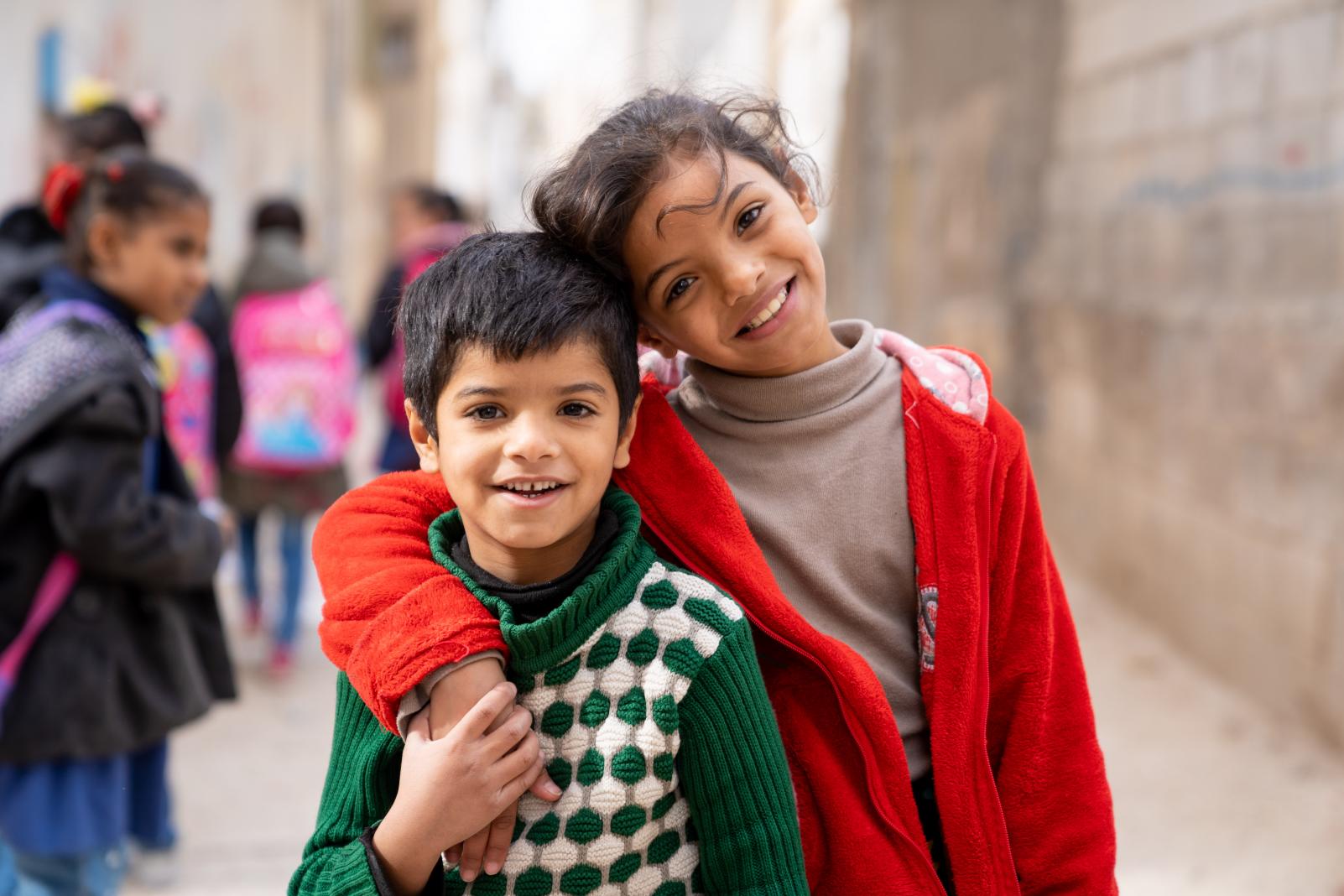Rana Nejem OLBIOS interview
OLBIOS: How would you describe the collective experience of the pandemic in Jordan and the Arab world, and what has struck you the most about it?
Rana Nejem: it was truly an amazing experience to live through with the entire world. Countries in the Arab world responded at different times and with different levels. Jordan started early with one of the strictest responses in the world. The government activated the Defence law which gave it the authority to take certain measures. We went into complete lockdown.
Everything in the entire country shut down initially for about one week, during which the government found a way to deliver bread and baby milk to people in their neighbourhoods. Later only the small grocery shops in the neighbourhoods were allowed to open between 10 am and 5 pm and people were allowed to walk to get what they needed but we were not allowed to use cars.
Three amazing things happened. Seeing Jordanians – of all ages – walking and riding bicycles instead of using their cars for everything was a refreshing and amazing sight. The second thing was the performance of the government. Prior to this pandemic, the popularity and credibility of the government was at an all time low. Within one week, the government under the direct guidance of His Majesty the King, got their act together and stepped up.
For the first time in decades, every single person in the country tuned into the local TV stations to hear the live daily media briefing by the Minister of Media and government spokesperson and the Minister of Health. The way they were communicating with the public had changed. They were transparent, sharing information, and being open in saying that they are figuring things out and are constantly reviewing their decisions as things become clearer.
The Minister of Health daily told us how many cases were registered, where they were located, the situation in the hospitals, the number of deaths, and the number of random tests that were done daily around the country. When they made a mistake, they publicly took responsibility for it and took the measures to avoid its repetition.
People needed that strong leadership and the return of confidence in our government created a sense of unity and solidarity across the country. Arab culture is patriarchal by nature. The father is the head of the family and we look to him to take care of us and to make the decisions that are in our interest as a family. We view our leaders in the same way.
The third amazing thing that happened was how everyone seemed to step up. It wasn’t about competition anymore but more about collaboration. How we can come together, put our skills and abilities together to help each other out of this crisis. The private sector stepped up to help the government in so many ways.
People went online with free webinars on everything from caring for children in lockdown to managing staff remotely and keeping your business alive. Musicians and artists found ways to bring music, beauty and laughter into our homes when we needed them most.
There were so many silver linings to the dark cloud of the Corona pandemic.
O: On a social level, has this crisis been an eye-opener and an opportunity for important insights and significant changes and lessons to be learned in many domains?
Rana Nejem: One of the issues that has been flagged often as a hinderance for the advancement and growth of Jordan and many other Arab countries is the rule of law. Challenging regulations and getting away with it was a major issue that affected society and the economy in many obvious ways. But with the pandemic, the government activated the Defense law and let the army – which is very loved, respected and trusted in Jordan, along with the police force – enforce the regulations of the lockdown on the streets.
So when some people tried to defy the orders and drove their cars, the government implemented the rule of law and did exactly what they had warned would be the consequences for anyone – no matter who – breaking the law. And every evening in the daily press briefing, the government spokesman announced the number of offenders and the number of cars that were confiscated and the number of people who were fined or detained.
This was a very important message and lesson for us. The rule of law is the only way forward, and we can do it!
Sending the same message, in March the government closed the airport and announced that there will be several flights to bring back any Jordanians who are abroad. Everyone on those flights had to do 17 days of quarantine which was set up in specific hotels in Amman and the Dead Sea area. Four princes from the royal family were among those who returned and went into the quarantine in the hotels just like everyone else. They were not given any preferential treatment and were not allowed to quarantine in their homes.
On the social level, Arabs – like Mediterranean cultures – are very social. Our families are large and maintaining physically close contact with family and friends is the norm for us and very important for our mental wellbeing. The lockdowns were quite challenging for us. And of course, families who lived in small apartment buildings and were not able to go outside found it even more challenging.
But the really positive outcome from this is that the local neighborhoods regained their value. With people walking in the streets, for the first time we were able to see each other and know who lived in the neighborhood. Previously we would just see people driving in their cars.
The small local grocery shop regained its importance. Everything local became more valuable. And like in most other countries, people started to make everything at home; and cooking and baking recipes flooded social media and WhatsApp.
And like everywhere else in the world, we were forced to go online to connect, meet, work and study. In the Arab culture, face-to-face communications is very important. Doing online meetings was almost unheard of and working from home was the exception. We all had to make a major shift and adjustment almost overnight.
One of the things that I really loved was the creativity and sense of humor that shone on social media from Jordanians, Lebanese, Egyptians and also the Gulf countries. Music videos shot from quarantine, memes and witty jokes that kept us entertained and brightened the situation for many.
O: Tell us about your work and if you think it has or is likely to become more complex or even more relevant after the crisis.
R.N. : The name of my company is YARNU – it is an Arabic word meaning to aspire to, to look towards something with calm and serenity.Our aim is to help people distinguish themselves from the crowd – by raising their Social and Cultural Intelligence – enabling them to float with ease and confidence from one situation to the other while building successful and fruitful relationships with people from different cultures, taking their professional and personal life beyond the next level.
We promote excellence, and work to break the perception that refined social skills is a luxury. Through an interactive and engaging learning experience, we work with our clients to refine their professional profile, increase the impact of their personal presence and raise their inter-cultural intelligence.
I believe these soft skills are needed now more than ever. Everyone has a degree of some sort. Information is only a click away. But what differentiates one person from another, what opens doors that the best education cannot – is the ability to navigate complicated social situations while building fruitful relationships with people from different backgrounds and different cultures.
Everything that I do is about shifting behaviour and attitude. We work with clients on creating their organisational culture by using a tool that is one of its kind that can actually measure behaviour – it’s called CultureScope. Added to that is the intercultural dimension when working with multi-cultural organisations or the foreign service of any government.
The second edition of my book – When in the Arab World, an Insider’s Guide to Living and Working with Arab Culture – came out last year. During the quarantine I launched a series of videos with the intention of bringing the book to life and to reach a wider audience across the world. I would love to hear your feedback and if there are any particular topics you want to hear more about.
O: On a personal level, has this crisis changed your focus on what really matters and on future plans and courses of action?
R.N.: I was one of the lucky ones. I really enjoyed the lockdown, spending time at home – tidying up, cooking, baking (which I never did before) and tending the garden. I actually felt more freedom than before! Freedom from social obligations. Freedom from traffic and freedom from having to meet the demands of others. It forced me to look inside for some answers.
It made me realise the incredible value in simplicity. There is so much that we can survive without and even be happy. But the one thing that you cannot skimp on is your physical, emotional and mental health. That is our biggest treasure.
On the work level, it forced me to start to digitise my business – which I knew had to be done but I had resisted it for the longest time.
Rana Nejem is an author and social and cultural intelligence coach.
